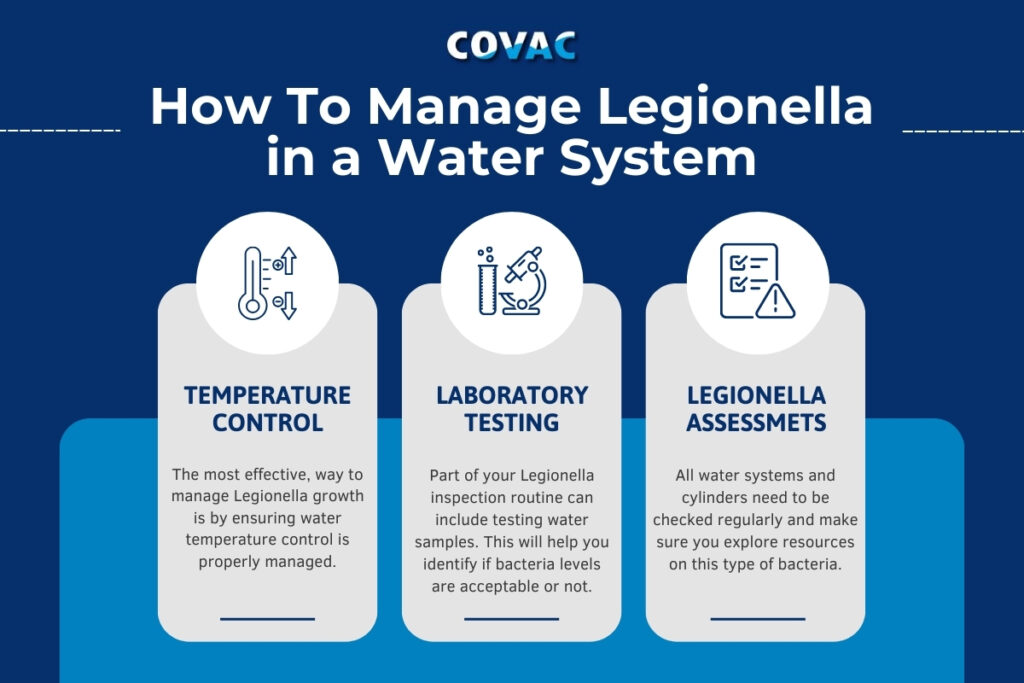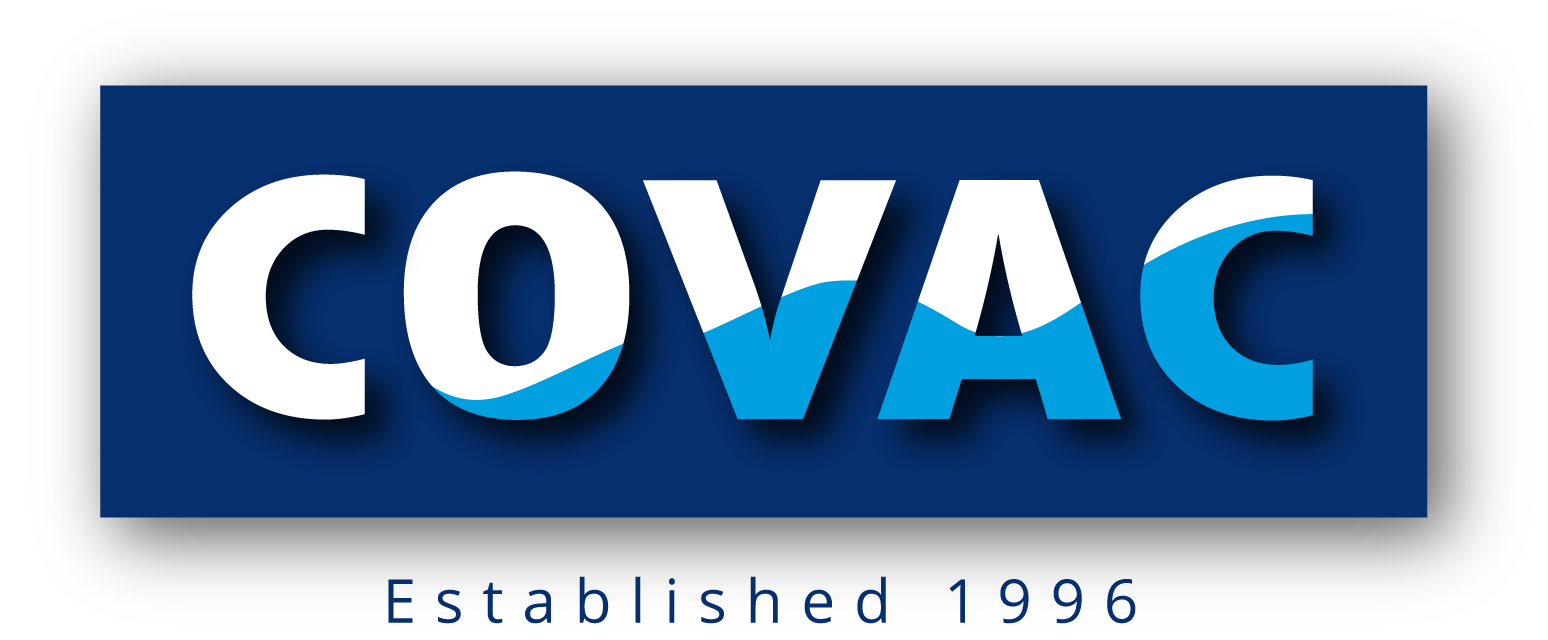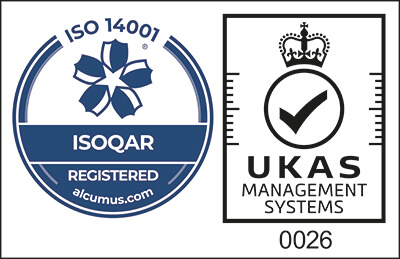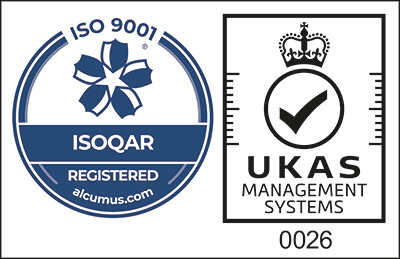
All domestic, commercial and industrial buildings have water systems which supply both drinking and non drinking water to occupants. Legionella is a big problem often found with this type of systems.
Regardless of the setting, it is important that building owners and managers take the necessary steps to combat Legionella. Not only is not doing this a law breaking act, but you put people at risk of contracting Legionnaires’ disease. In some cases this is fatal, so it is highly important to enforce the correct preventative measures.
In this article you will learn more about building water systems and managing them. Additionally, we will illustrate how building managers can mitigate the risk of Legionnaires’ disease. We will also go through the steps you can take to prevent the growth of Legionella bacteria.
What Is Legionella?
So, what is Legionella and how does it impact your building’s water systems?
Legionella is a bacteria commonly found in water. In certain temperatures, and with the correct nutrients, this bacteria is able to multiply in your water supply. Below 20°C the bacteria is dormant, whilst at 60°C the environment is too hot to facilitate growth. Any temperature in between that, provides the perfect conditions allowing for bacteria growth.
If you don’t take the necessary steps to manage Legionella growth, you’re exposing your building occupants at risk of Legionnaires’ disease. This is a potentially fatal type of pneumonia which develops as a result of inhaling airborne water droplets containing the bacteria.
Therefore it is important that those responsible for overseeing the water supply in a building follow proper procedures and adhere to a maintenance schedule. By doing this, you do not provide the opportunity for any bacteria to grow.
How Can I Manage Legionella in Building Water Systems?

Here are some of the measures you need to take to manage the risk of Legionella in a building water system:
- Temperature Control
The best, and most effective, way to stop Legionella growth is proper water temperature control.
Cold water should be stored and delivered below 20°C, whilst hot water cylinders should store water at 60°C or higher.
If you are responsible for maintaining a larger building, or commercial property, you should carry out regular inspections. Thorough inspection and regular maintenance is even more important, if the building is not regularly used.
Remember, Legionella favours stagnant water. Thus, part of any maintenance schedule should include removing dead ends in pipework and flushing out infrequently used outlets regularly.
- Laboratory Testing
Depending on the building and the risk, part of any inspection routine could include analysis of water samples. This will help you to identify if bacteria levels are acceptable or if you have a problem.
Testing is quite accurate now, so periodic checks can be a valuable tool in minimising Legionella growth. As stated, the type of building and potential risk will determine the frequency of testing.
- Regular Assessments
All water systems and cylinders need to be checked regularly and make sure you explore resources on this type of bacteria. You will need to complete a regular inspection checklist, to make sure you spot issues as early as possible.
It is important if your facility does have a problem you act quickly and enlist the help of a professional. Otherwise the complications can be fatal.
Water Tank Lining at COVAC
If you feel you would benefit from more information on the topic, COVAC offers a wealth of resources in our blog section. Our article on preventing Legionella in your warehouse water tank, for example, offers more beneficial advice.
We offer expert tank lining service, which can help you prevent and manage the risks of Legionella. We use high-quality, DWI and WRAS-approved coating systems with 10 year guarantee. Our team has over 25 years of expertise in the field and are equipped to advise you on all aspects of water tank lining, treatment and refurbishment.
If you are concerned about the state of your water storage system, or want to discuss more details about our services, get in touch. Give us a call or email us today.










